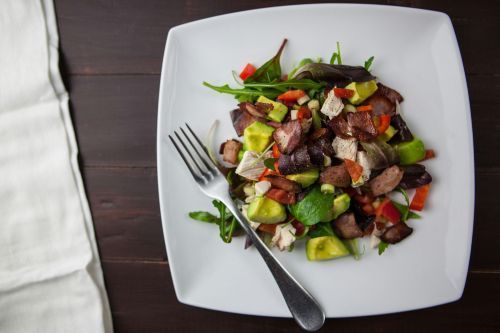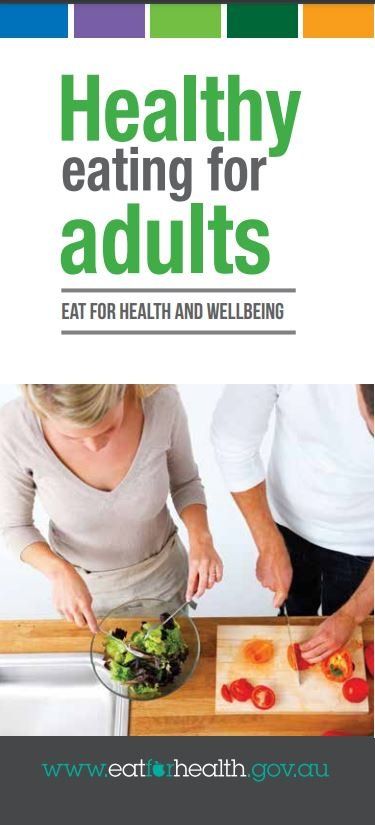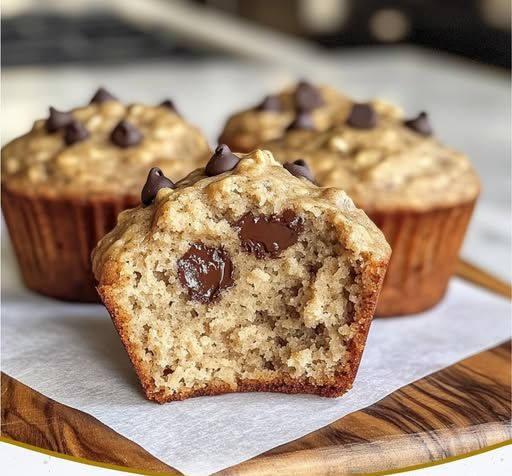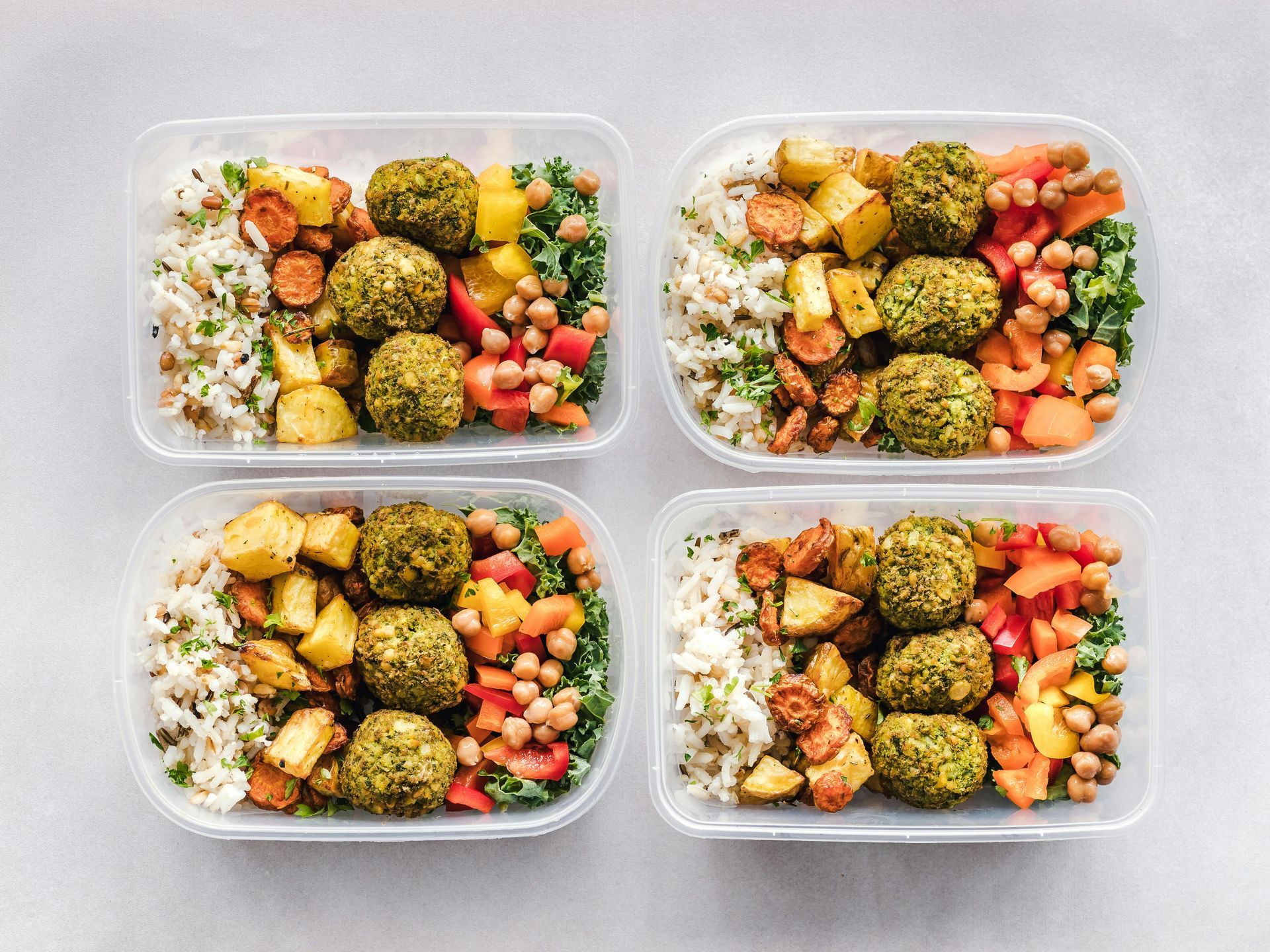Healthy Eating Tips for Active Seniors
Healthy Eating Tips for Active Seniors

Maintaining a balanced diet is essential for seniors to support an active lifestyle and overall well-being. Proper nutrition helps fuel your body, enhance energy levels, and improve health outcomes.
According to the Australian Guide to Healthy Eating, following a nutritious diet is key to maintaining health in your senior years.
Australian guide to healthy eating | Eat For Health
At Key to Life Health and Fitness, we understand the importance of combining fitness with healthy eating habits. Here are some valuable healthy eating tips for active seniors to help you make the most of your golden years:
1. Prioritize Whole Foods
Focus on incorporating whole foods into your diet. Fresh fruits, vegetables, whole grains, lean proteins, and healthy fats provide essential nutrients that support overall health and energy levels. Whole foods are less processed and contain more vitamins, minerals, and antioxidants.
2. Stay Hydrated
Hydration is crucial for maintaining energy levels, cognitive function, and overall health. Aim to drink at least 8 glasses of water per day, and increase your intake if you’re exercising or spending time outdoors. Herbal teas and water-rich fruits like watermelon and cucumbers can also help keep you hydrated.
3. Balance Your Plate
Follow the recommendations of the Australian Guide to Healthy Eating by including a variety of food groups in your meals:
- Proteins: Lean meats, fish, eggs, legumes, and nuts.
- Carbohydrates: Whole grains, fruits, and vegetables.
- Fats: Avocados, olive oil, nuts, and seeds. A balanced diet ensures that your body gets the necessary nutrients to support an active lifestyle.
4. Mind Portion Sizes
Pay attention to portion sizes to avoid overeating and maintain a healthy weight. Use smaller plates and bowls to help control portion sizes, and listen to your body’s hunger and fullness cues.
5. Choose Nutrient-Dense Snacks
Opt for nutrient-dense snacks that provide energy and essential nutrients between meals. Some great options include:
- Fresh fruit with nut butter
- Greek yogurt with berries
- Hummus with vegetable sticks
- Whole-grain crackers with cheese
6. Limit Added Sugars and Sodium
Reduce your intake of added sugars and sodium, which can contribute to chronic health issues like high blood pressure and diabetes. Choose natural sweeteners like honey or maple syrup in moderation, and opt for herbs and spices to flavor your food instead of salt.
7. Prioritize Protein Intake
Protein is essential for maintaining muscle mass and strength, especially as we age. Include high-quality protein sources in every meal, such as lean meats, fish, eggs, dairy products, legumes, and plant-based proteins.
8. Plan Ahead
Plan your meals and snacks in advance to ensure you have healthy options readily available. Preparing meals in bulk and freezing portions can save time and make it easier to stick to your healthy eating goals.
9. Listen to Your Body
Pay attention to how different foods make you feel. Everyone’s nutritional needs are unique, and it’s important to listen to your body and adjust your diet accordingly. If certain foods cause discomfort or digestive issues, consider alternatives that work better for you.
10. Seek Professional Guidance
Consider consulting with a registered dietitian or nutritionist who can provide personalized dietary recommendations based on your individual health needs and fitness goals.
At Key to Life Health and Fitness, we provide our members with access to a range of online resources, including healthy recipes and tips for healthy living. Combining a balanced diet with regular physical activity can help you achieve optimal health and well-being in your senior years.
Ready to enhance your health and wellbeing? Contact Key to Life Health and Fitness today to learn more about our senior fitness classes and healthy eating program. Let’s work together to support your active lifestyle and health goals! 🌟







